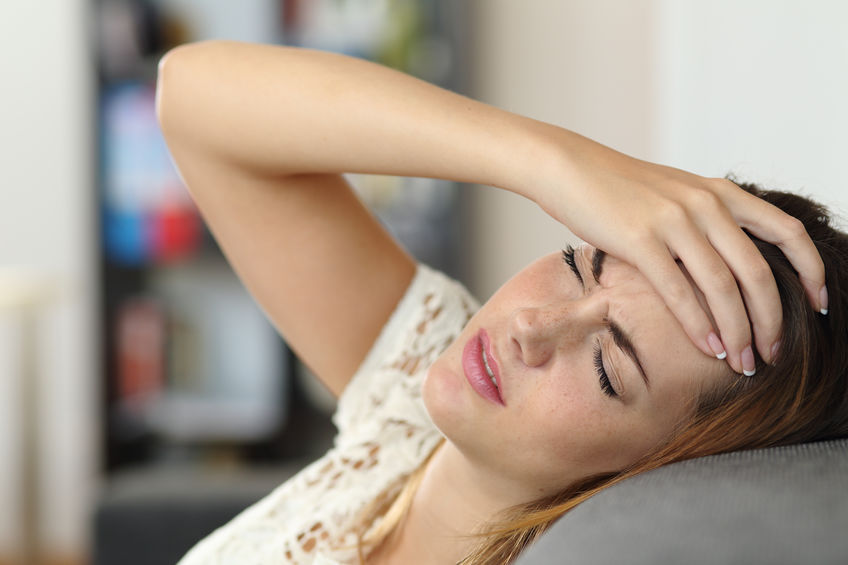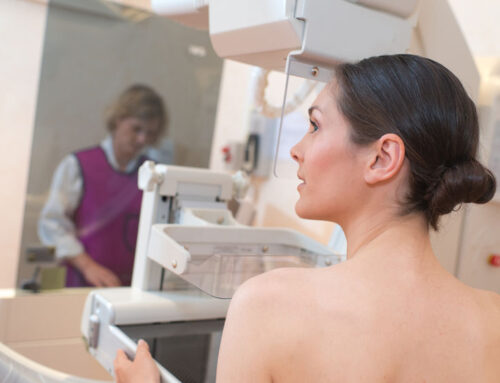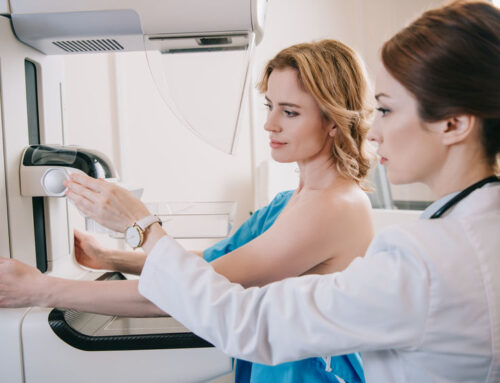Period Pains Are A Headache
Women are acutely aware of the problems linked with menstruation. These include cramps, bloating, irritability, cravings, and joint pain. However, head-splitting migraine is a serious symptom. Women are 3 times more likely to get migraines than men. These migraines happen just before and in the early stages of menstruation. Some women have accepted migraines during periods as the norm. However, there are some treatments that can reduce these pesky headaches.

What’s happening in the body
The body goes through many processes during menstruation. The most significant change is fluctuating hormones. Estrogen spikes, then fall before the period, after ovulation, and even during periods. This drop could be one of the reasons for those throbbing headaches. Estrogen plays part in the blood flow to the brain. Also, several chemicals get released into the bloodstream when the uterine lining sheds, causing headaches.
It does not end with a period
Hormonal headaches aren’t just linked to periods. These headaches have come up during pregnancy, taking birth control, or could even be genetic. The symptoms can also cause other issues. These include tiredness, joint pain, loss of appetite, and a host of uncomfortable issues. The best bet is to treat menstrual migraines before and during the menstruation period.
Treat them like all migraines
The degree of pain and frequency of migraines differ in each woman. Try conventional steps to treat the unbearable pain first. Use a cold compress on the neck and head. Try relaxing in a dark room, turning off devices that can increase the pain.
Focus on menstruation
Menstrual migraines are difficult to treat compared to conventional migraines. While some migraines are environmental, women can’t change what’s happening naturally in the body. There are some lifestyle changes and medical intervention if necessary. The best place to start is increasing water intake and exercising to improve circulation. Doctors will recommend NSAIDs or anti-inflammatory medication can reduce pain when taken early.
Hormones and supplements
In some cases, hormone therapy can reduce the effects of migraines. Women tracked after HRT showed a significant decrease in the intensity and frequency of menstrual migraines. Finally, magnesium loss happens during menstruation, which can cause headaches. More than 50% of Americans are magnesium deficient. Magnesium supplements or foods high in magnesium help keep migraines at bay. Before taking any supplement or medication, make sure to speak with an OB/GYN.
Final thoughts
Migraines can be crippling and put a dent in the quality of life. With the other pains and symptoms during menstruation, women need all the help available. Hormonal changes are natural but can still be kept under control. Make sure to speak with a doctor to get the best treatment options and assess all hormones. These steps can make periods less of a pain in the head.




